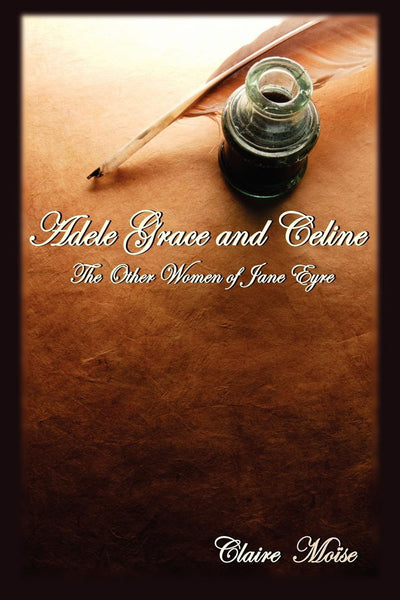Customer Reviews
Tabitha Tragédie et Triomphe
$17.95
Author: Dorothy K. Morris
ISBN 978-1-63868-035-2 (softcover)
342 pages
Set in the eighteenth century in Colonial South Carolina, this novel, TABITHA, tells about forbidden love amid wild and harrowing adventures. It is about the power of good against the thrust of evil. It shows the horrors of slavery and the beginning of the growth of consciousness and conscience that ultimately leads to freedom. Young men are called on to judge their own fathers and be wise enough to follow different paths.
About the Author
Dorothy K Morris, a native of Charleston, S.C., descended from colonial settlers in Mass., VA, and S. C. She grew up in the Low-Country of South Carolina. A member of Daughters of the American Revolution, she enjoys genealogy and obtains many of the elements of her characters and plots from her extensive family history. Well-traveled, she now resides in Tucson, Arizona, with her two canine companions.
Related Items


A Place In the World
$16.99
Author: Cinda Crabbe MacKinnon ISBN 978-0-98884-830-6 (softcover) 340 pages Alicia, a young American expat, marries...


Abbey
$9.99
Author: Gary R. Hope ISBN 978-1-62137-831-0 (softcover)ISBN 978-1-62137-863-1 (eBook) 316 pages “Abbey” is a story of...


Adele Grace & Celine
$15.95
Author: Claire Moïse ISBN 978-1-60264-501-1 (softcover) 322 pagesIn "Jane Eyre," the reader is told that Rochester...






